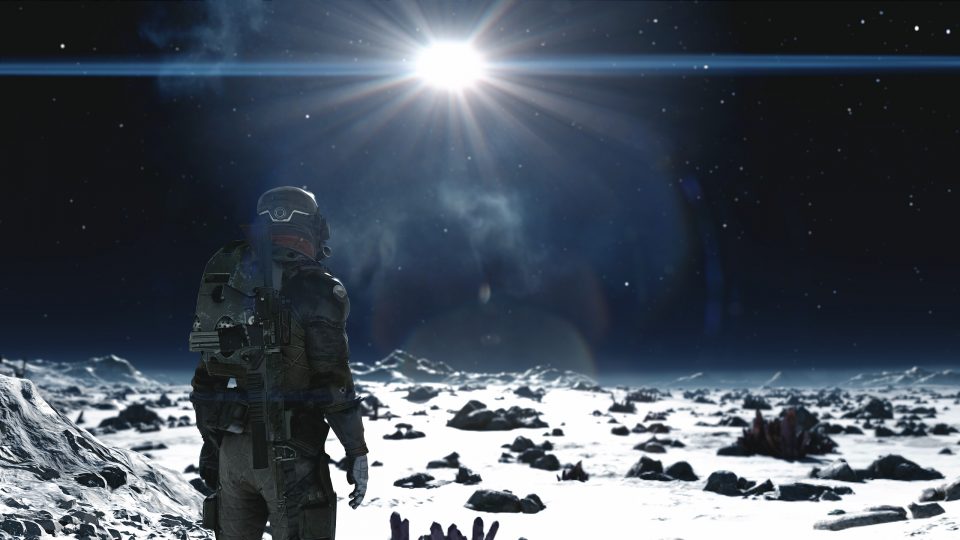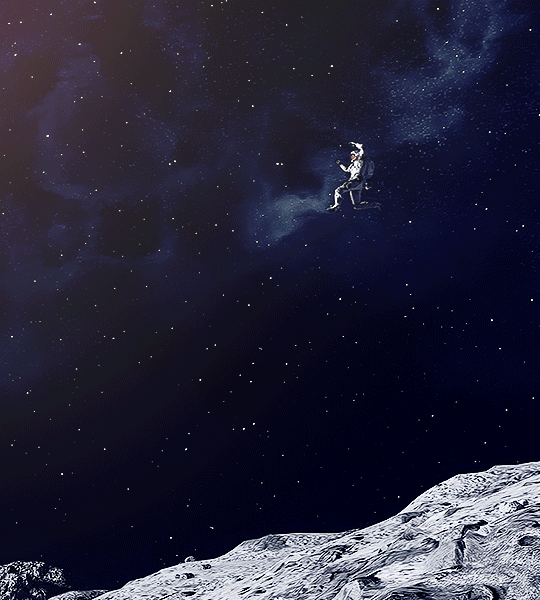Wherein I murder a lot of people. A LOT of people.

I sure hope they deserved it. I know some of them did. Some of them, I think, were just in the wrong place at the wrong time.
I’m just going to come out and say it — Starfield is a pretty ok game. It’s almost a really good game. Yes, Bethesda’s game design is getting very long in the tooth but taking that as a given means you at least know what you’re getting. And what you’re getting with Starfield is a game that is MASSIVE in scope. Ambitious, probably too ambitious. I finished the first time “through” the game, clocking in at over 80 hours of game time. That’s a decent chunk of time to play a game and there were at least a dozen star systems I didn’t even fly through (as I was traveling somewhere else). That’s a decent chunk of a game that was completely superfluous.
Let’s get the bad out of the way first. There are hundreds of planets and moons to explore. With that kind of content, the goal of creating individual, bespoke environments for each world had to be monumental and was probably out of the question. That means that type of detail to be added procedurally. These procedurally generated worlds aren’t as engaging as one would hope. But let’s give Bethesda credit. Yes, I explored the “same” abandoned scientific lab or deserted mine shaft a dozen times, but there was still enough detail for my imagination to fill in the blanks. It would have been nice to come across the occasional mini-story contained on a a planet, but what they’ve done populating the galaxy is still quite impressive.

This game is ostensibly a role playing game, and I really tried to approach it as such. I didn’t want to solve every problem with the business end of a gun but man, the “let’s talk this over” approach took a backseat real quick. Yes, there are times where you have the chance to charm your way out of a jam, but more often than not you’re dropped into a situation where you’re surrounded by a bunch of bad guys. There’s no way to start a dialogue so I just start blasting. You can invest skill points in persuasion but leveling up is such a grind that putting points in weapon efficiency is a much better bang for your buck.
The interface for this game is also a stumbling block. It took the first few hours just to figure out how to find what I wanted and then a few more hours to get comfortable. Inventory management was a pain, the skill tree interface was designed for a mouse, not a controller, and menus and maps were clunky and inconsistent. Eventually you get used to making your way through the menus, but eventually you get used to a blister, too. Because it has either popped and you have a new type of pain or it’s become a callous and a constant reminder of the irritation.
The main storyline is engaging enough to maintain a pace that keeps things moving but allows for some side-questing and exploration. Going through the story opens other chances for new dialogue options with your fellow Constellation members and allows you time to develop relationships that you can take down relationship paths (I like you, but not in that way). Ultimately, though, the exploration and side-quests become repetitive quickly and so soon you’re just chugging through the story to see where it goes.
Before moving on to the climax, there are some meaningful side quests you can do involving four different factions that make up the game world. These stories are actually interesting. I thought picking one of the four factions would make it impossible to try any of the other three but it turns out you can do them all in one playthrough if you’d like. I finished three of the faction quests and started the fourth before deciding to move the story to completion. You can also pursue missions with your compadres (a-la Mass Effect) that are mostly helping them fix their past mistakes or come to grips with their past and move on with their lives. Those missions don’t have the same commitment and aren’t as well fleshed out, but they do add variety to the playthrough. But man, if your companion “wants to have a word with you when you’re free”, you better have a word with them, otherwise they are going to pester you forever.
As you approach the end, the game throws in a couple decision points that drastically impact the outcome of the game and a nice little story twist near the final stanza to round out the story. It isn’t Shakespeare storytelling, but that was never Bethesda’s strong suit anyway. Eventually you reach the final confrontation and (SPOILER ALERT) you are given the chance to stay in your “original” universe or walk through the multiverse gate and “start over” in a New Game Plus situation, that actually can continue new-game-plussing for as long as your heart desires. Things stay the same or you go to a new universe and do it all over. Your choice. The game ends with a nice little recap of your decisions and how they impacted the galaxy, and you’re plopped back in the world based on your decision.
Do it again or feel the satisfaction of completing a game and never open the game again. I think I know what I’ll end up doing.
It’s weird, but when I started this review, I thought I liked Starfield more than I think I actually do. Everything I like about Bethesda games is here — an open world, crafting, exploring, picking up every insignificant piece of detritus along the way “just in case”. But there’s no charm, no personality. The wasteland of Fallout 4 was much more fleshed out than any of the main hub planets in Starfield. Character progression is a slog. Flying and fighting in space leaves a lot to be desired. If you’ve hacked one locked chest, you’ve hacked them all. I appreciate what they tried to (and sort of) accomplished, but in the end, it’s an average game in a year full of amazing ones.
7/10
Leave a Reply